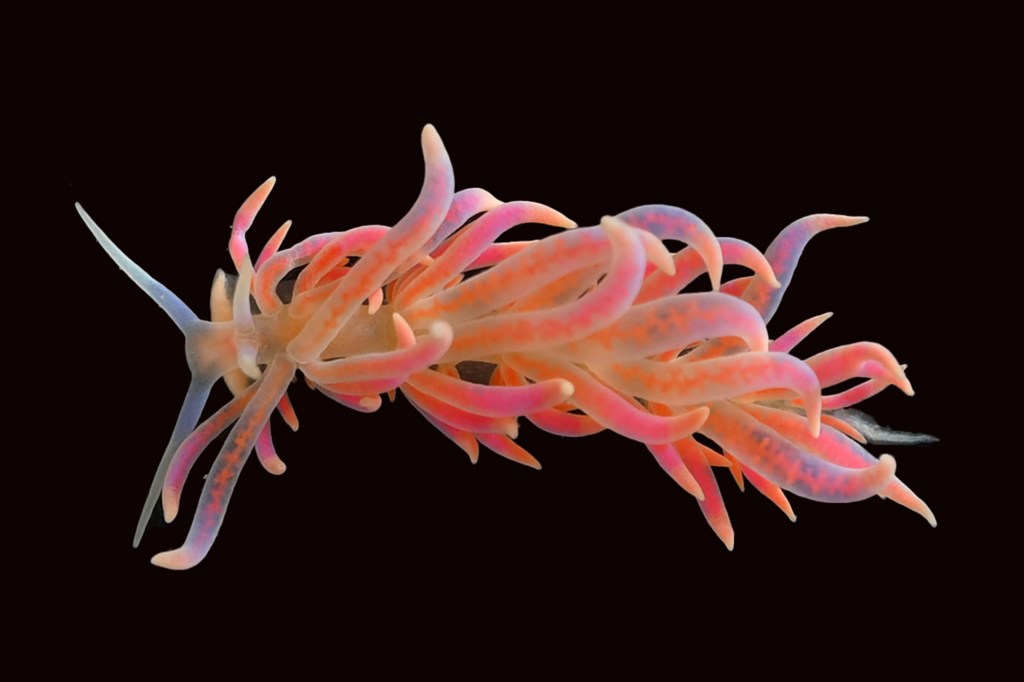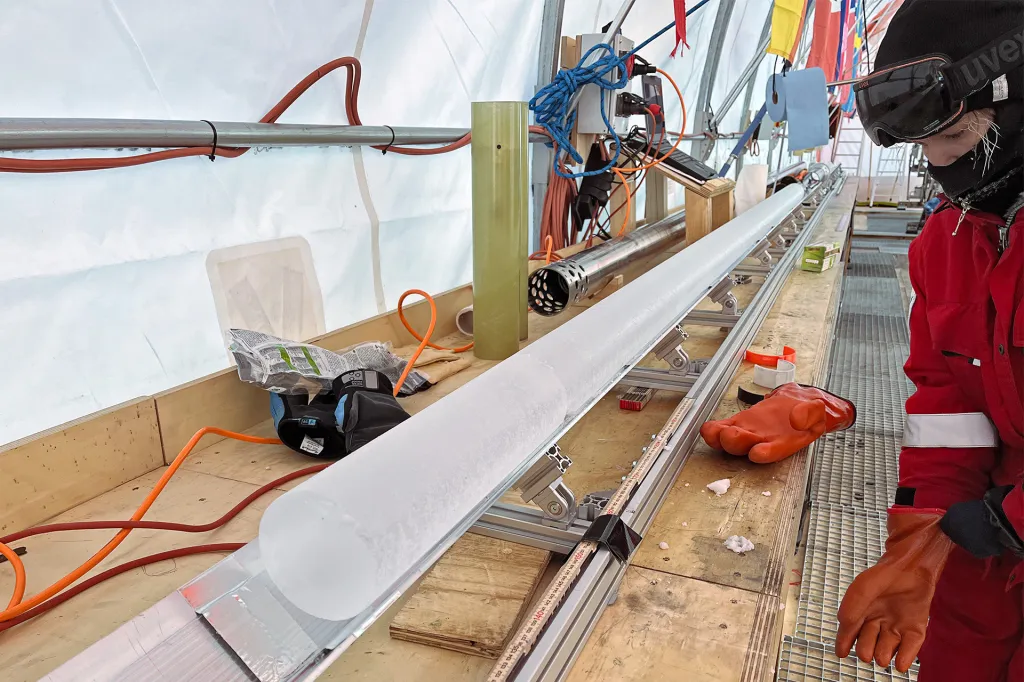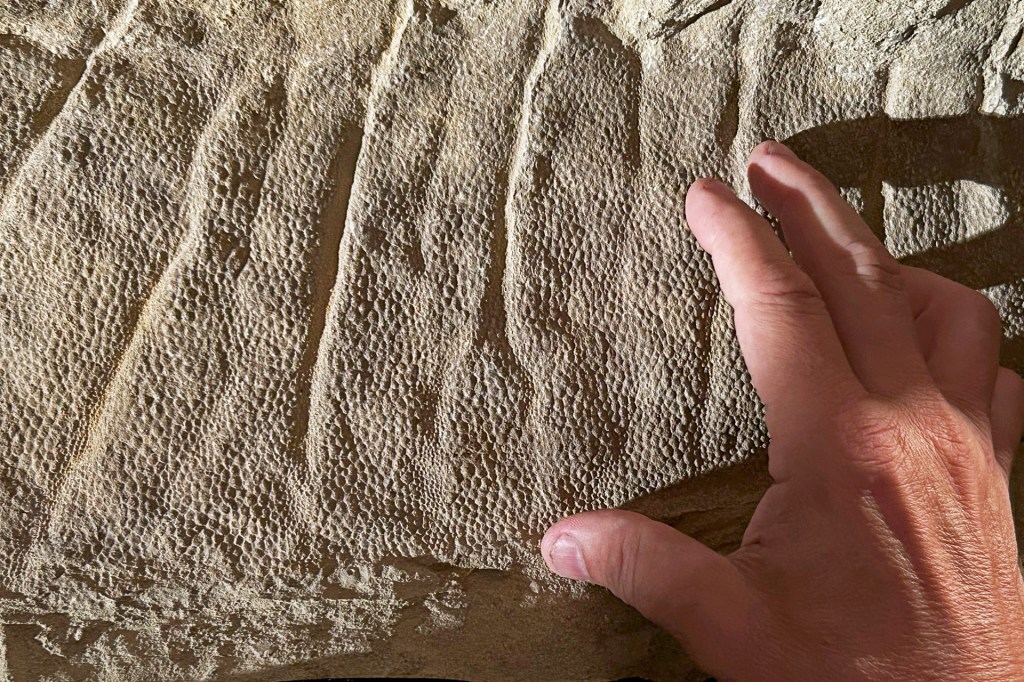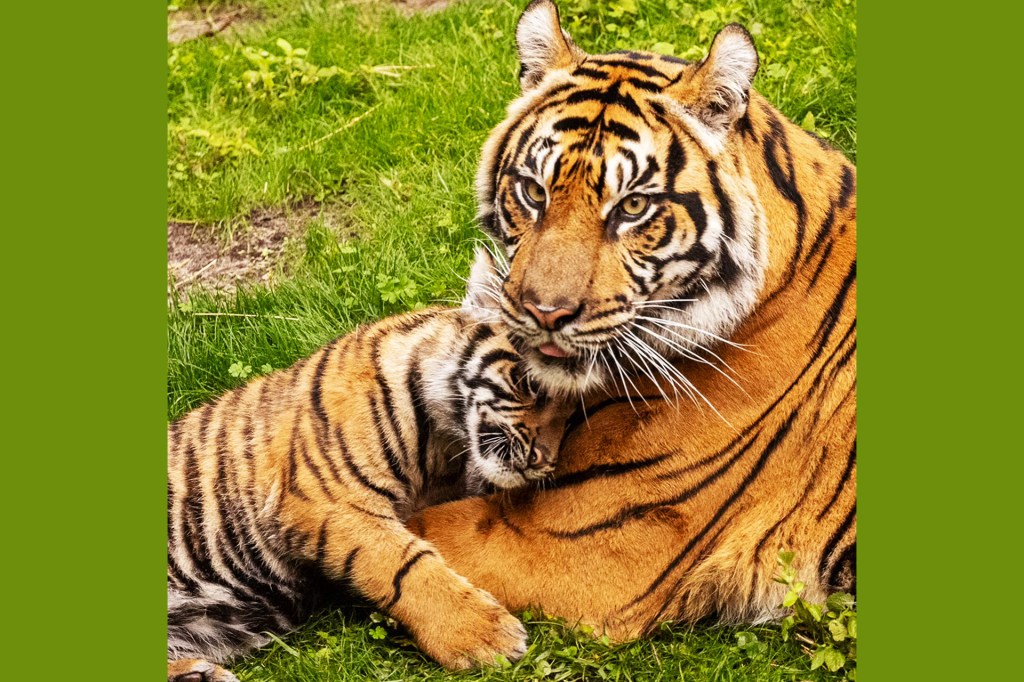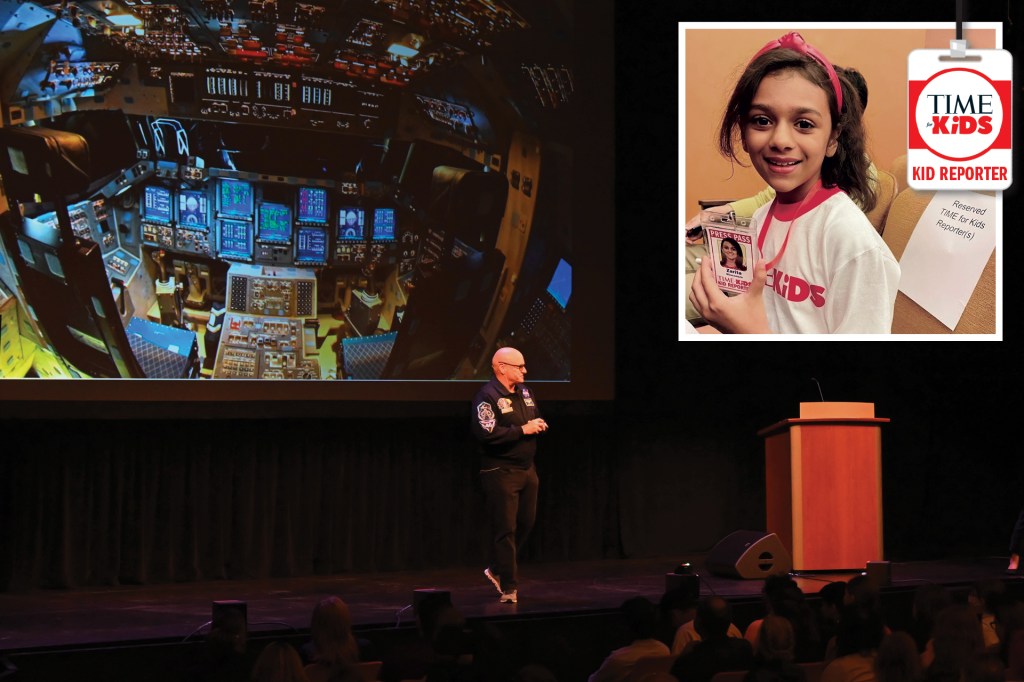
Have you ever wondered what it takes to be an astronaut? In October, retired astronaut Scott Kelly visited the University of Wisconsin–Madison (UW). TIME for Kids was there to hear about his experiences in space. And to get the answer to that question.
Kelly graduated from college with an engineering degree in 1987. He was later accepted into Navy flight school, and selected to attend the United States Naval Test Pilot School. He graduated from there in 1994. The following year, Kelly sent his application to NASA to become an astronaut. He doubted that he would be accepted. He thought, “If I’m going to fail at something, I might as well just fail at something that I think I can’t achieve.” That’s what Kelly told the audience at UW. To his surprise, he landed an interview. His twin brother, Mark, did too. Scott Kelly was accepted into the astronaut training program in 1996. He and several others headed to Houston, Texas, to learn to pilot a space shuttle. “I worked really, really hard on it,” Kelly said about his training.
Life in Space
From 1999 to 2016, Kelly took part in four space missions. His first was a repair trip to the Hubble Space Telescope. On his second trip, in 2007, he was the mission commander. That gave him the opportunity to fly the space shuttle Endeavour. “You get into the space shuttle about three and a half hours before launch,” he says. “They strap you in, really, really tight. There are over two thousand switches in there!”
Kelly finished his third mission in 2011. It was a five-month stay on the International Space Station (ISS). NASA was intrigued by the idea of sending two people to space for an even longer period of time. The space agency then chose Kelly to set off on a 340-day mission to the ISS. He was accompanied by Russian cosmonaut Mikhail Kornienko. The trip would become one of the longest times ever spent in space.
The main purpose of the mission was to study how the human body responds to a long space flight. Kelly went to space. His brother, Mark, stayed on Earth. Since they are twins and have the same DNA, scientists were able to compare the two. This would help researchers understand the effects of long space missions on the body.
Space weakens your bones and muscles, because your body doesn’t have to use them much in low gravity. That’s why astronauts work out for at least two hours a day. Eyesight is also greatly affected by space travel. Kelly says that he wears glasses to correct his vision because of his time spent in space.
There’s still a lot to learn about the effects of space flights on the body. And there’s always work to be done in space. You can help. The more people who get interested in space, the more steps we can take toward a possible moon base, or even a Mars base.
For kids aspiring to become astronauts, Kelly has some advice: “Choose something that you like,” he says, “because if you like it, you’ll do better at it."





